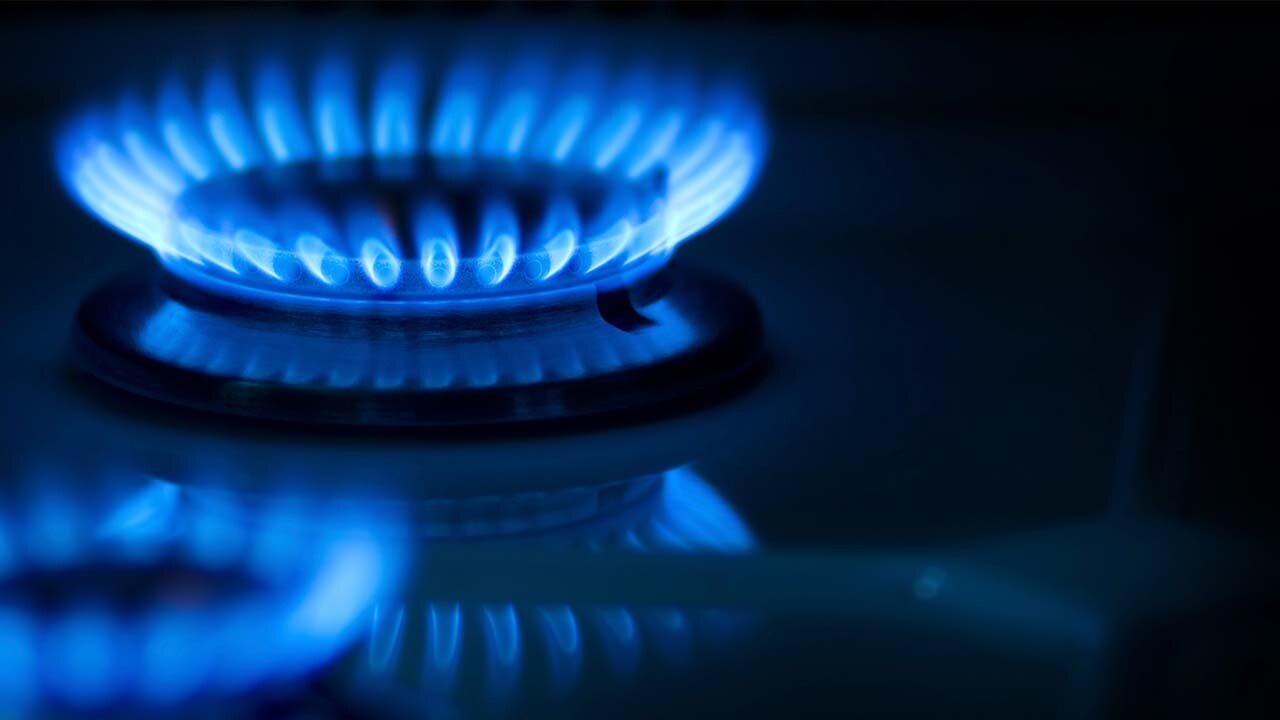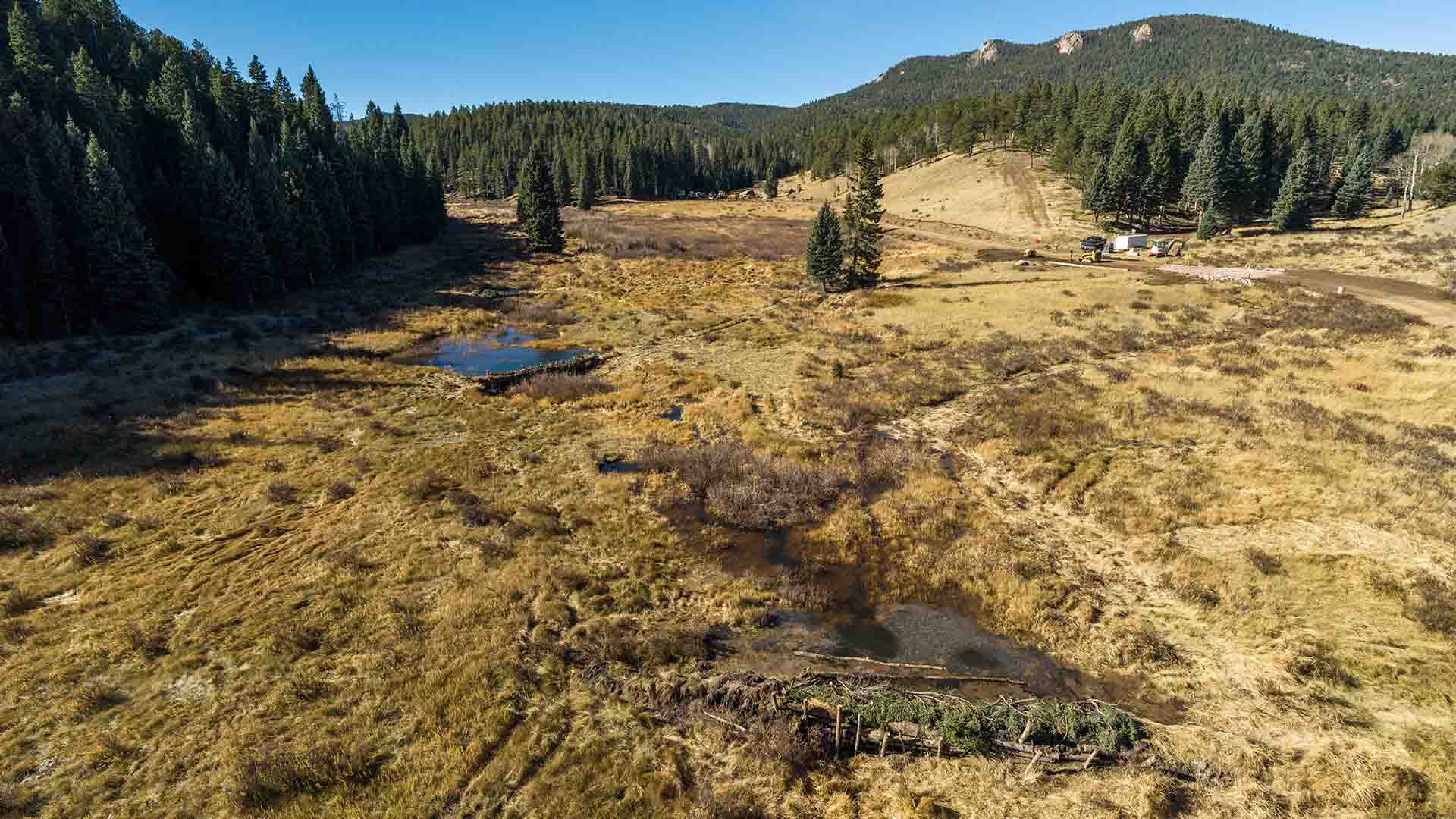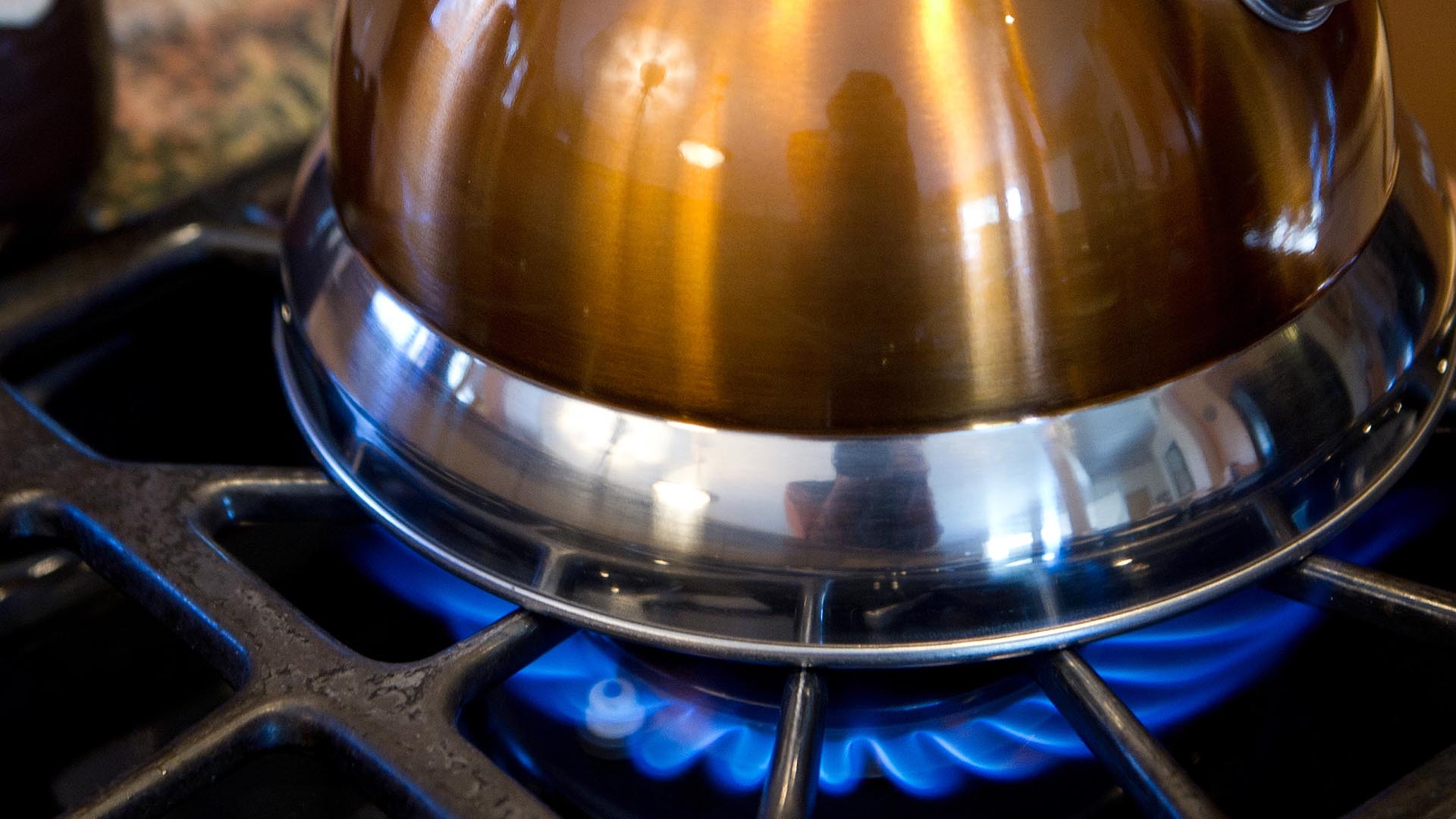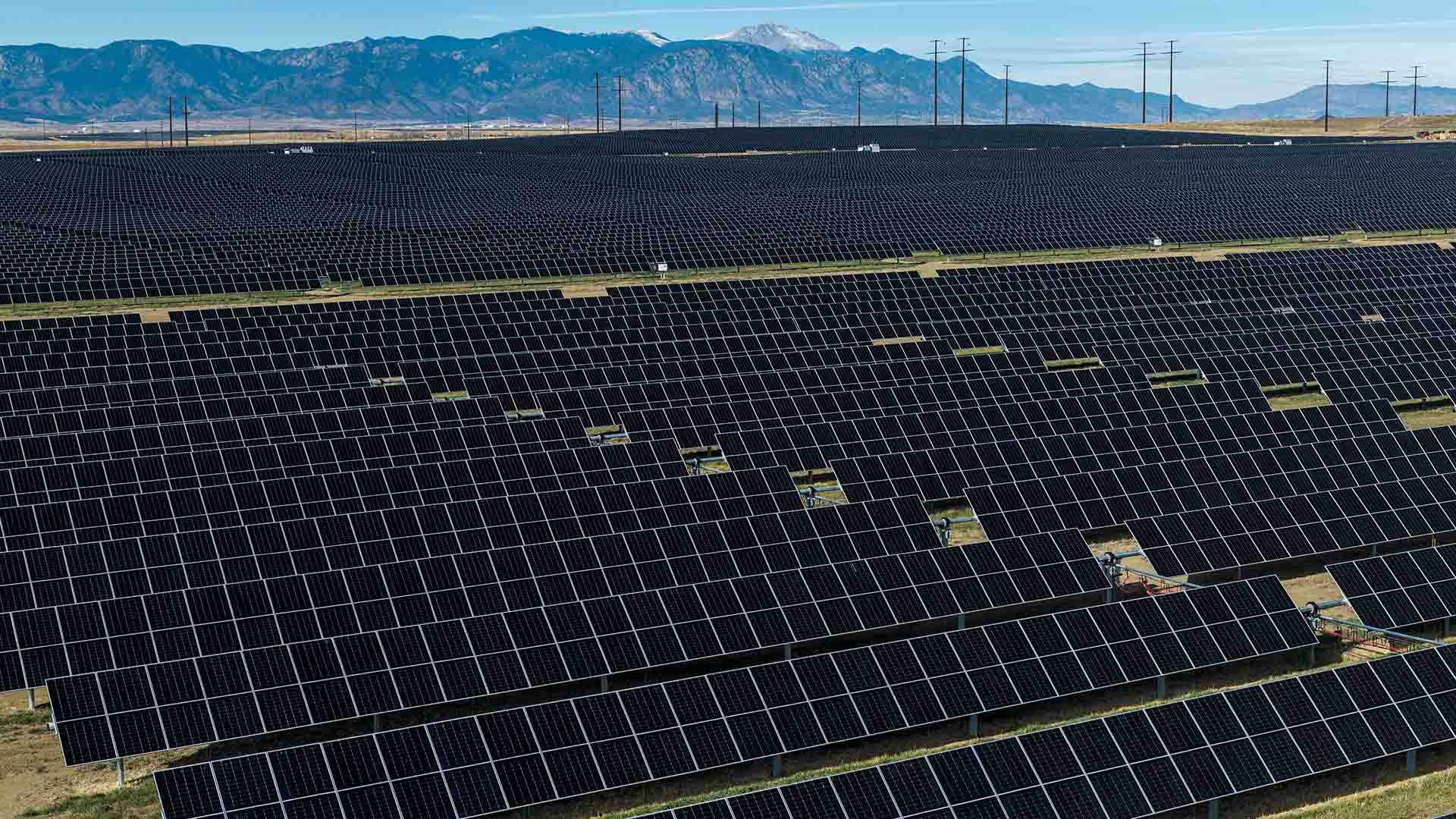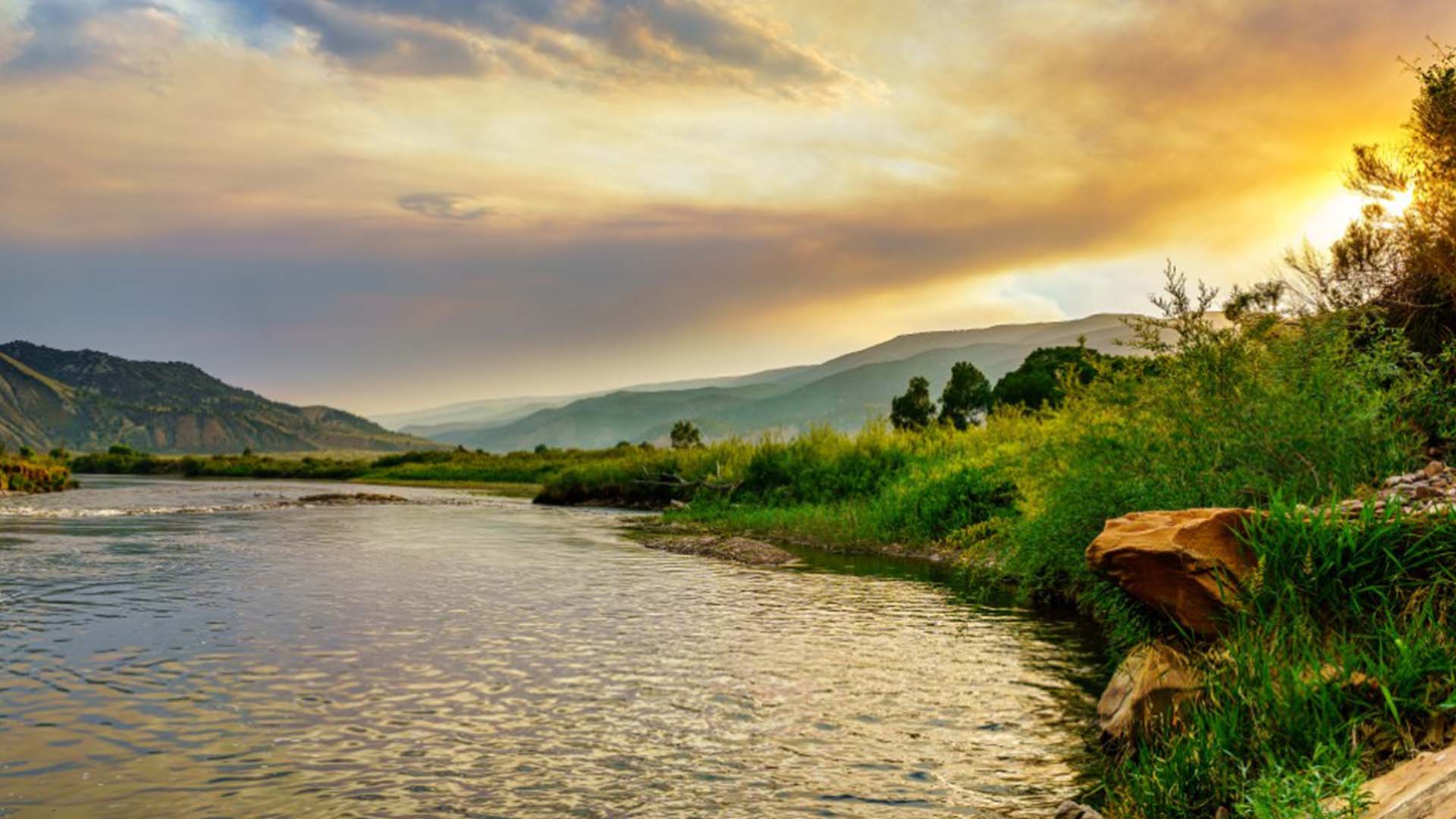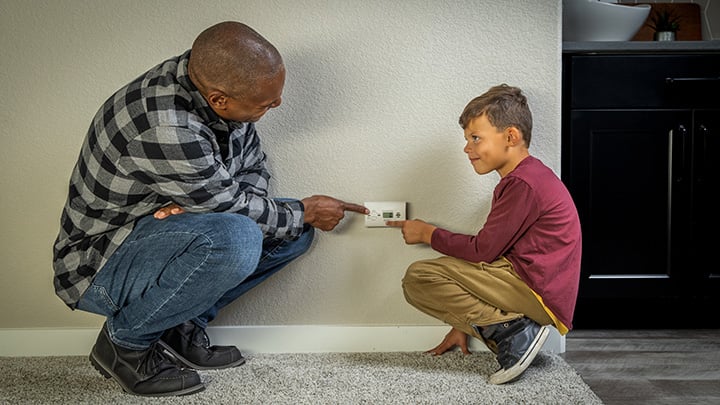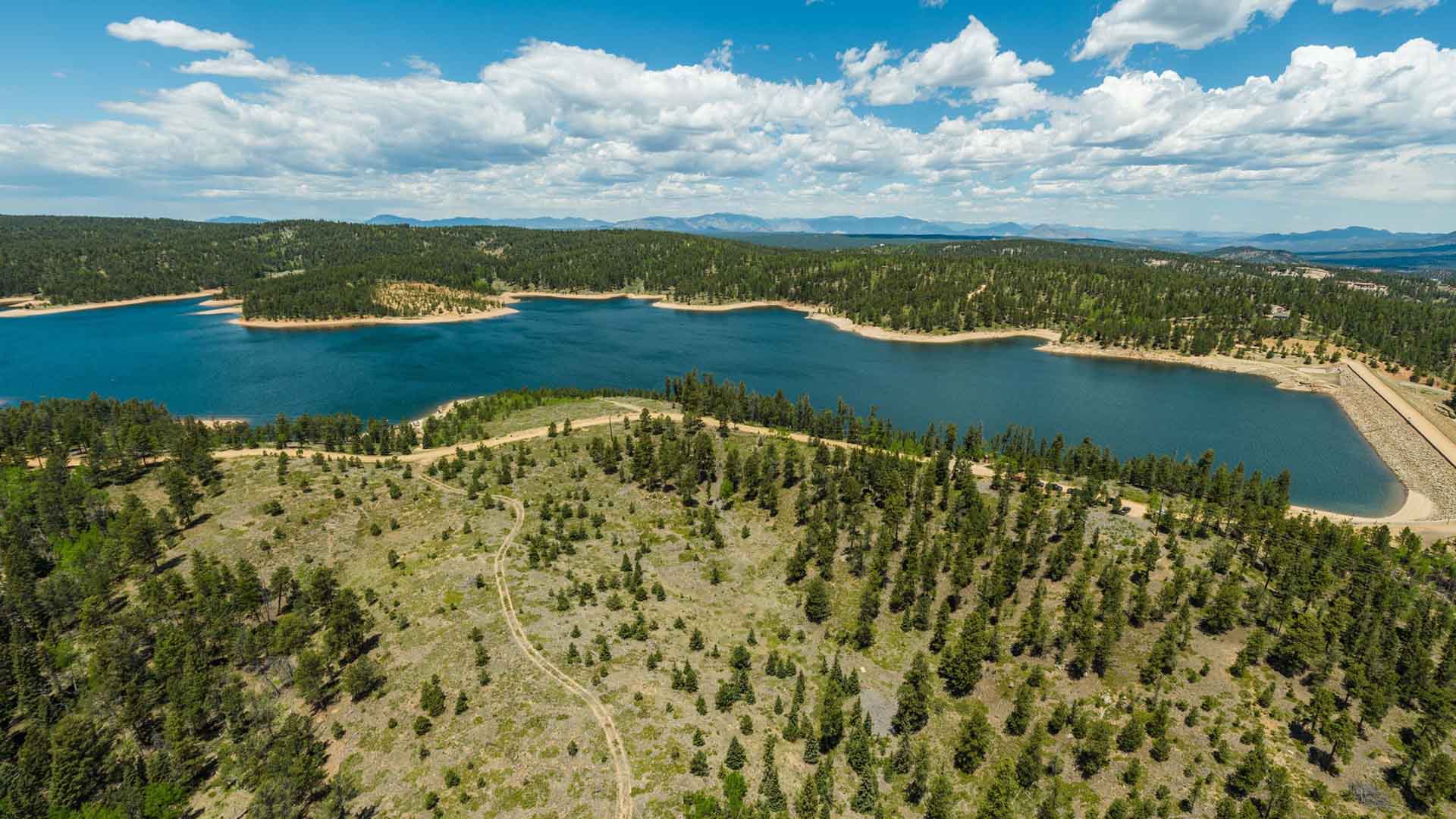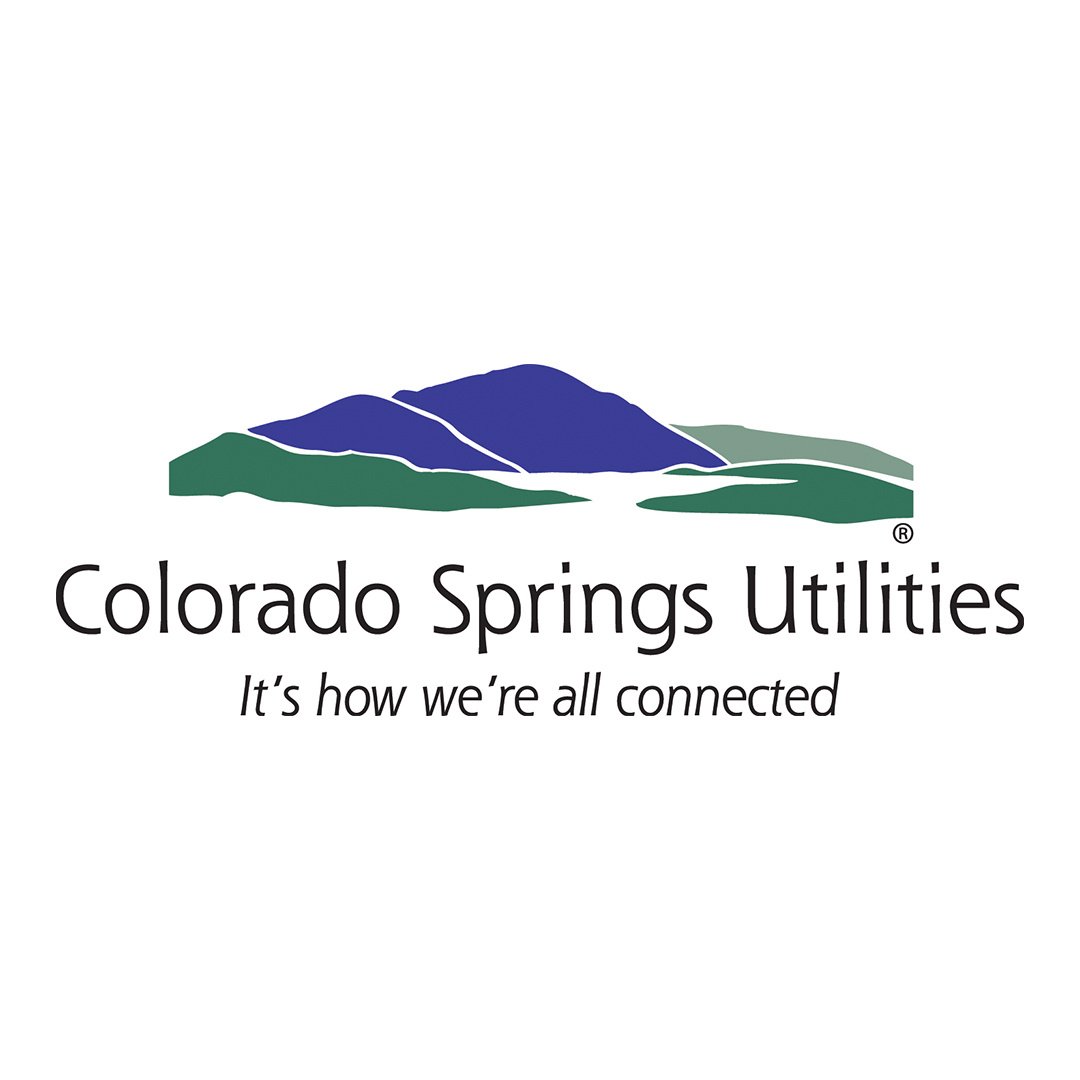
Kate S.
Duration: 1 minute
Published on March 23, 2023
Many of us use different types of wipes – they’re easy to use, they’re convenient, and it’s simple to get rid of them once the mess is cleaned up.
But most wipes aren’t flushable.
They don’t break down once they hit water and they easily accumulate in your indoor wastewater pipes, your service line, in our wastewater mains in the street, and/or at our wastewater treatment plants.
Even wipes marked “flushable” can lead to blockages and cause serious damage. They don't decompose like toilet paper and can lead to major back-ups in your pipes.
At our Water Resource Recovery Facility on Las Vegas Street alone, our crews have removed about 120 tons of solids (grit and wipes) from wastewater since the beginning of the year.
That’s more than 13 tons of trash every single week.
And it’s not just a local problem.
That’s why state legislators are considering a bill that would mandate “clear ‘do not flush” labeling on the packages for wipes that are not designed to be flushed” beginning in December 2023.
Springs Utilities is one of many organizations in Colorado that supports the passage of this bill.
We believe clear labeling is a critical step in helping consumers practice responsible flushing habits, leading to healthier homes and communities for all of us.
The amount of people who use disinfectant wipes five or more times per week has increased by 138% since the start of the COVID-19 pandemic, contributing to a 50% increase in sewer backups because most wipes do not break down in a wastewater system. Millions of wipes that were never designed to be flushed down a toilet clog pipes and mechanical equipment, creating a host of public health issues and costly problems for public utilities, individual homeowners, and businesses including:
- Clogging of private drain lines and flooding of homes and businesses.
- Sewer blockage and overflow, with potential release to waterways.
- Clogging, damage, and breakdown of public wastewater infrastructure.
- Release of plastic materials into waterways.
This is a problem for the environment – and it can also have huge impacts on your pocketbook.
But the solution is simple.
Remember: If it shouldn’t go in our water – don’t flush it!

